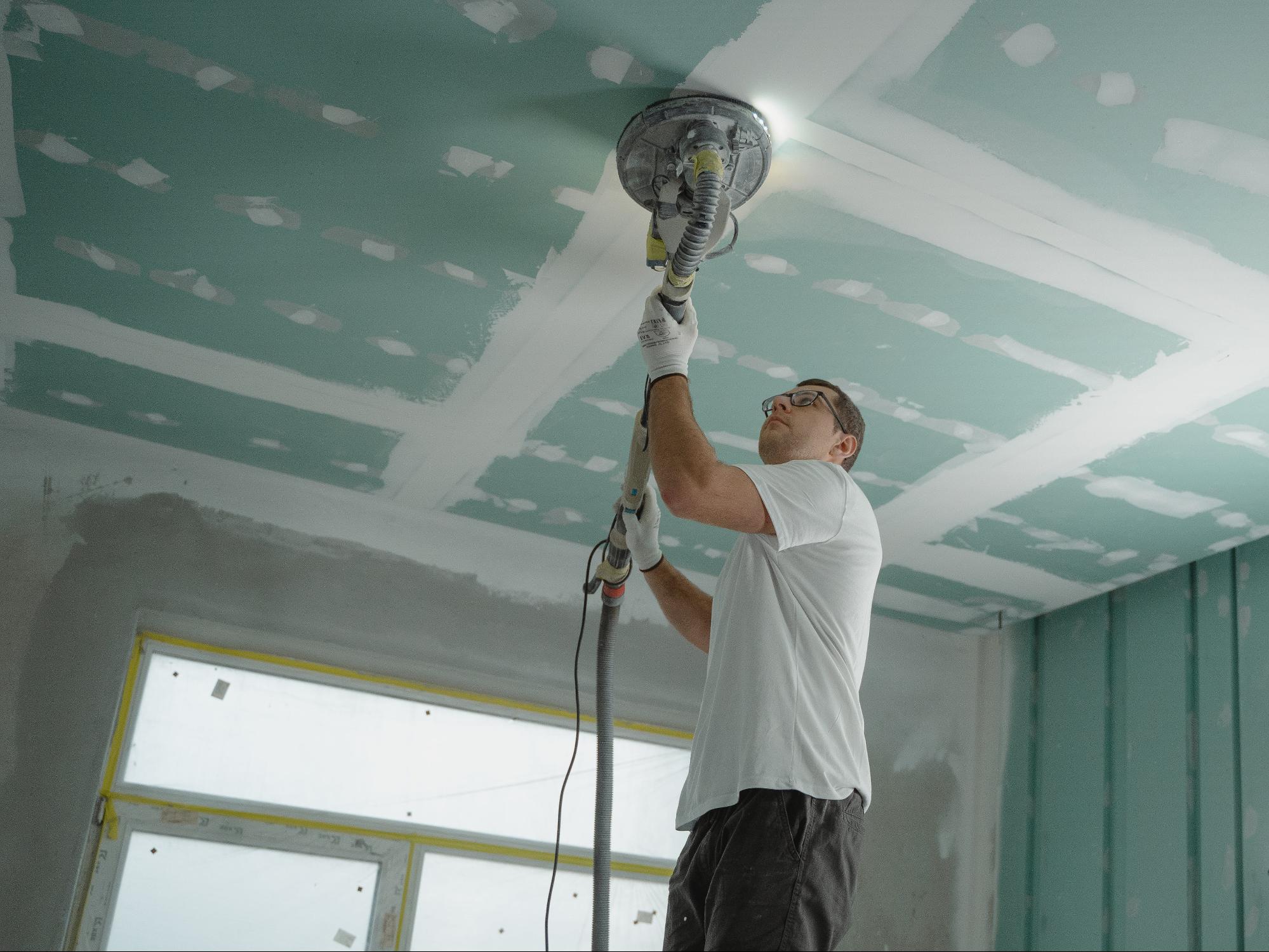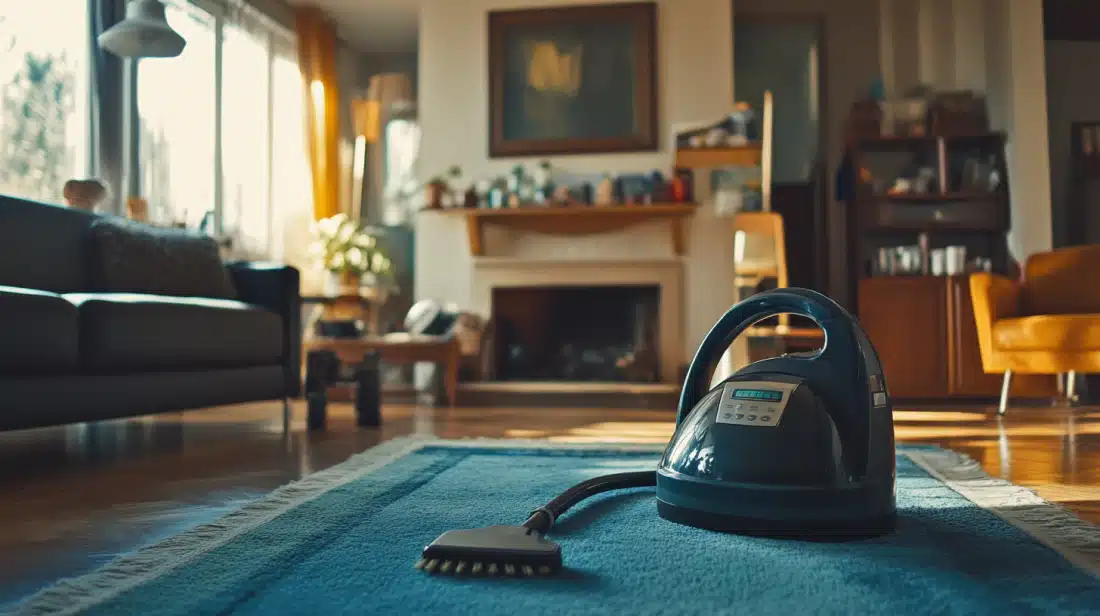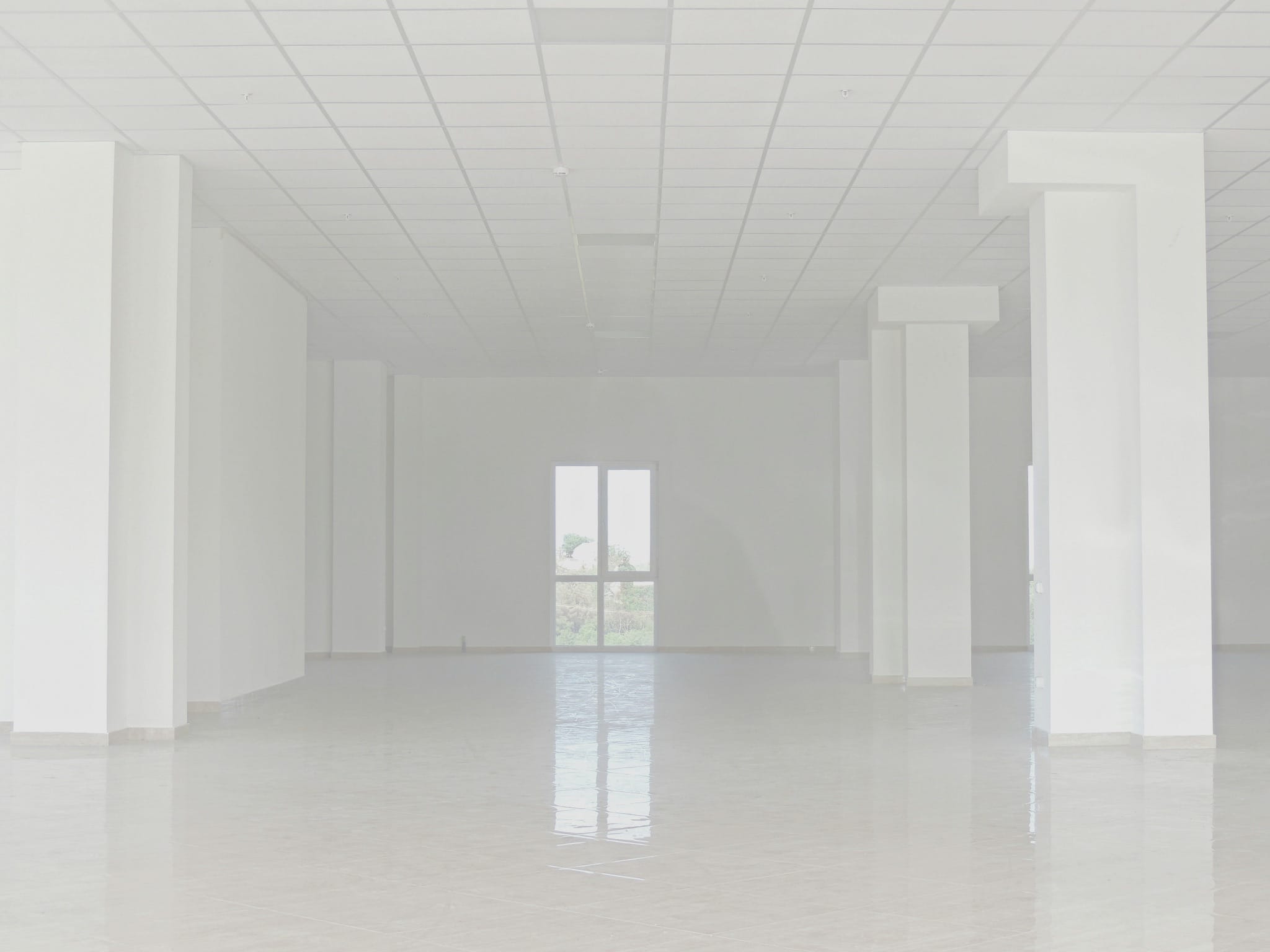How to Become an Expert at Home Improvement
Home improvement is a fun and fulfilling hobby that allows people to unleash their creativity and improve the functionality of their living spaces. When done right, it can not only save you a significant amount of money but also increase the value of your property. Whether you prefer to specialize in small improvements such as painting and simple woodworking or love to take on larger challenges such as remodeling an entire house, there are several steps to becoming an expert in home improvement. And, with some hard work and clever contractor marketing, you may be able to make it a career, too!
1: Cultivate a Learning Mindset
The foundation of becoming a home improvement expert lies in fostering a learning mindset. Home improvement encompasses a broad range of skills, from basic carpentry to more complex electrical work. Start with resources like books, online courses, and instructional videos. With so many videos available on platforms like YouTube, you can gain a wealth of knowledge and learn from experienced professionals at your own pace. Look for content created by legitimate experts and focus on understanding the principles behind each task so that the skills you learn can be applied to a variety of projects.
2: Start with Simple Projects
Begin your journey with simple, low-risk projects. Start with tasks that are manageable yet impactful, such as painting a room, fixing a squeaky door, or installing new hardware on cabinets. These projects do not require specialized tools or extensive knowledge, making them perfect for beginners. The key is to focus on the process, paying attention to details like proper preparation, measuring accurately, and applying techniques carefully. These smaller projects provide an opportunity to familiarize yourself with basic tools and materials, understand their functions, and learn how to handle them safely and effectively.
3: Invest in the Right Tools
Quality tools are a must-have for any home improvement expert. Your basic household toolkit should include a hammer, screwdrivers, a drill, a saw, pliers, a measuring tape, and safety gear. As your projects grow in complexity, your toolkit will evolve as well. You may need to add specialized tools that cater to specific tasks, such as a commercial paint sprayer or a powerful sander. Remember that the right tool can significantly ease the job at hand and deliver more professional results. Investing in quality over quantity is key; a well-crafted tool not only performs better but also stands the test of time.
4: Practice Safety
Your safety is paramount! Always wear protective gear, such as coveralls, dust masks, ear protection, gloves, or goggles, depending on the nature of the task. Familiarize yourself with the safety manuals of each tool you use so that you know how to operate them correctly. Keep your workspace organized and clean to minimize the risk of trips and falls, and ensure good ventilation when working with volatile substances like paints or solvents. Learning first aid and having a kit readily available is also wise. When dealing with electrical work, consider hiring a professional for tasks that are beyond your expertise.
5: Develop Problem-Solving Skills
Home improvement often involves unexpected challenges and issues. Cultivating the ability to think on your feet and devise effective solutions is key. Start by approaching each project with a plan but remain ready to adapt as new situations arise. Learn to break problems down into smaller parts to find and address the root cause. Effective problem-solving in home improvement is not just about fixing immediate issues but also about anticipating potential future problems and taking proactive steps to avoid them.
6: Gain Hands-On Experience
While theoretical knowledge provides a solid foundation, true expertise is honed through practical application. Consider volunteering for community projects or offering your help to friends and family, as it will expose you to a variety of scenarios and problem-solving opportunities. Seek apprenticeship or part-time work with experienced craftsmen or contractors. Such environments offer invaluable insights into professional techniques, workflow management, and industry standards. Document your projects, noting both successes and areas for improvement, to track your progress over time.
7: Network and Learn from Others
Engaging with a community of like-minded individuals opens doors to a wealth of knowledge, diverse techniques, and creative ideas. Attend home improvement workshops or participate in online forums and social media platforms dedicated to renovation and home improvement projects. This exchange of knowledge can lead to discovering new methods, avoiding common pitfalls, and staying updated on the latest trends and tools in the industry. If you are ready to take it to the next level, professional sections of websites such as HomeStars have numerous resources to help new contractors get started.
Conclusion
Going from a home improvement hobbyist to an expert requires hard work, continuous learning, and practical experience. Embracing the challenges and remaining open to learning from others will contribute to your growth and success in this rewarding hobby and potential career. Always prioritize safety and quality over speed in your projects, and never be afraid to ask for help or seek guidance when faced with a problem. Keep learning, keep improving, and enjoy the process!







